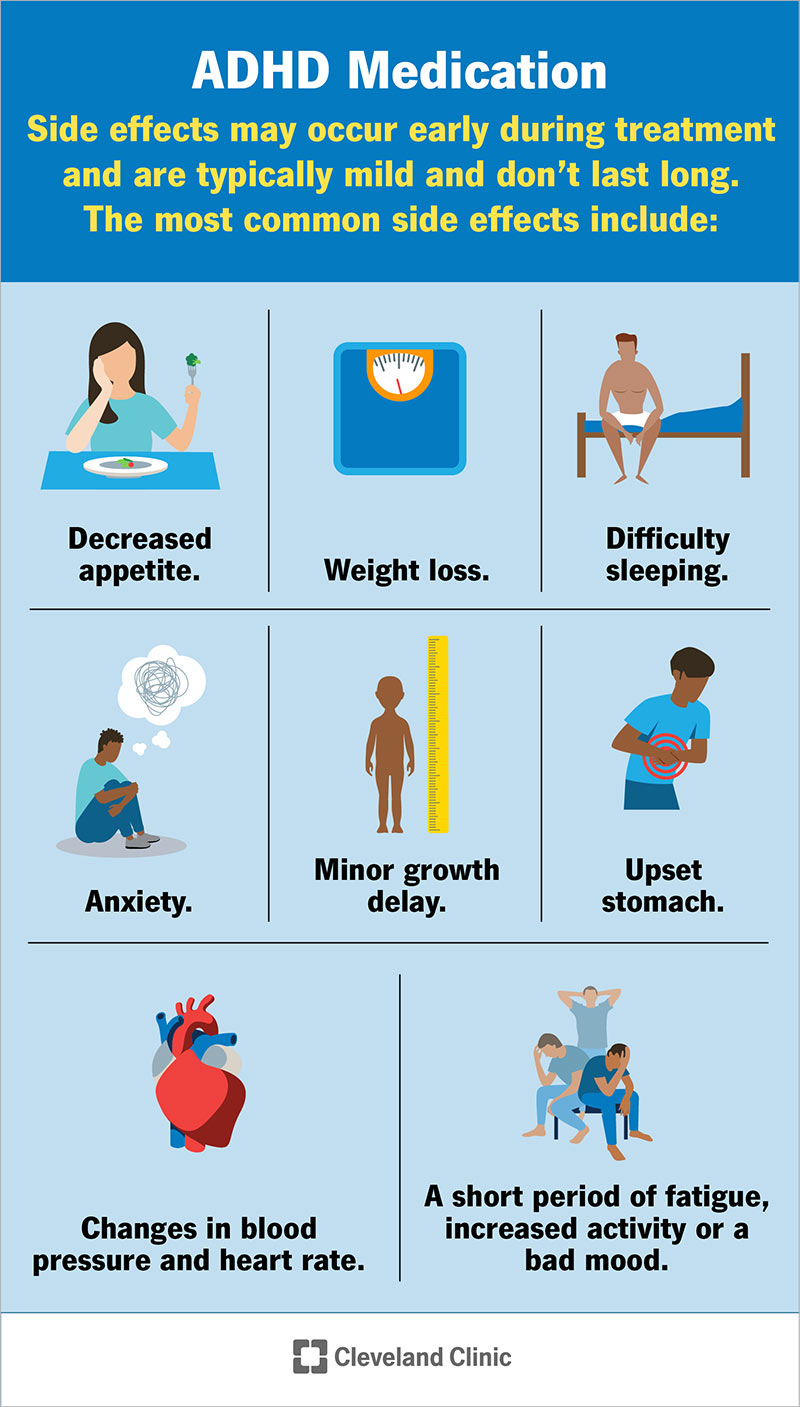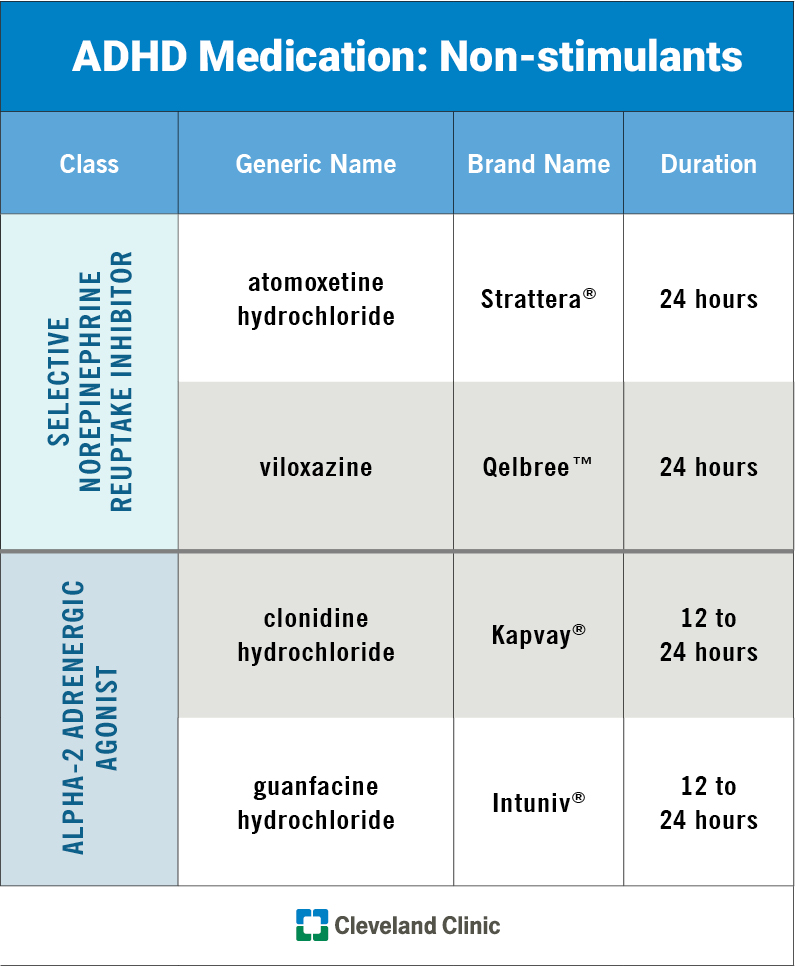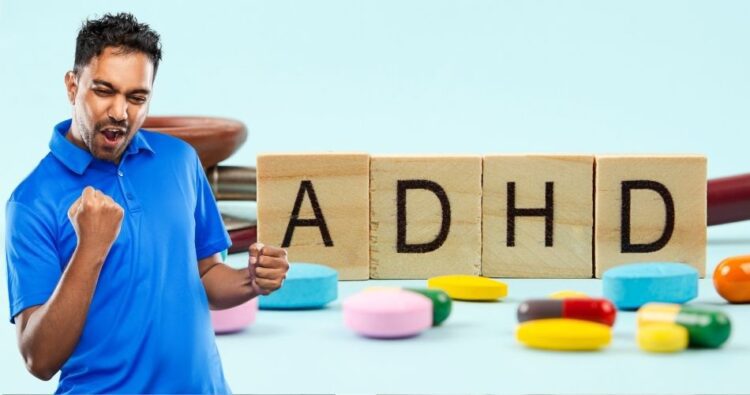ADHD medication can impact weight loss in adults. This relationship is complex and varies by individual.
ADHD, or Attention Deficit Hyperactivity Disorder, affects many adults. Medications prescribed to manage ADHD symptoms can sometimes lead to weight changes. For some, these medications help control impulsive eating, leading to weight loss. For others, side effects like reduced appetite or increased energy might contribute.
Understanding how ADHD medications affect weight is important for those managing their condition. In this blog, we will explore how these medications influence weight loss and what adults can do to maintain a healthy balance. This information will help you make informed decisions about your health and treatment options.
Introduction To Adhd And Weight Loss
Understanding the connection between ADHD and weight loss in adults is crucial. Many adults with ADHD struggle with maintaining a healthy weight. This blog will explore how ADHD affects weight and the role of medication.
Adhd In Adults
ADHD stands for Attention Deficit Hyperactivity Disorder. It affects focus, attention, and behavior. Many people think it only affects children. But adults can have ADHD too. It often goes undiagnosed in adults.
ADHD in adults can lead to various challenges. These include difficulties in managing tasks and controlling impulses. These symptoms can impact daily life and health. Understanding ADHD is the first step to addressing these challenges.
Link Between Adhd And Weight
There is a strong link between ADHD and weight. People with ADHD may have trouble with impulse control. This can lead to overeating and poor food choices. Impulsivity makes it hard to stick to a healthy diet.
ADHD can also affect sleep patterns. Poor sleep can lead to weight gain. Lack of sleep affects hormones that control hunger and appetite. This makes it harder to maintain a healthy weight.
Medication for ADHD can also impact weight. Some medications reduce appetite. Others may increase it. Understanding these effects can help manage weight better.
Common Adhd Medications
Adults with ADHD often use medications to manage symptoms. These medications help improve focus and reduce impulsivity. There are two main types of ADHD medications: stimulants and non-stimulants. Each type works differently and has unique effects on weight.
Stimulants
Stimulants are the most common ADHD medications. They help increase attention and energy. Some examples include:
- Adderall (amphetamine)
- Ritalin (methylphenidate)
- Vyvanse (lisdexamfetamine)
Adderall can reduce appetite. This may lead to weight loss. Ritalin also decreases hunger. Many adults lose weight while taking it. Vyvanse has similar effects. It can cause reduced appetite and weight loss.
Non-stimulants
Non-stimulants are another option for treating ADHD. They take longer to work but have fewer side effects. Some common non-stimulants include:
- Strattera (atomoxetine)
- Intuniv (guanfacine)
Strattera is different from stimulants. It does not usually cause weight loss. Some people might gain weight on it. Intuniv also has little effect on weight. It helps manage ADHD symptoms without major changes in appetite.
Both types of medications have their benefits. Choosing the right one depends on individual needs. Always talk to a doctor before starting any new medication. This can help find the best option for managing ADHD and maintaining a healthy weight.
Effects Of Adhd Medication On Weight
Understanding the effects of ADHD medication on weight is essential for adults managing ADHD. These medications can impact weight through various mechanisms. Here, we explore how ADHD medication influences weight by affecting appetite and metabolism.
Appetite Suppression
ADHD medications, especially stimulants, can suppress appetite. This side effect is common. Many adults notice reduced hunger. This can lead to weight loss over time.
Stimulants like Adderall and Ritalin increase dopamine levels. Higher dopamine reduces the feeling of hunger. So, people may eat less. This reduced calorie intake can result in weight loss.
It’s crucial to monitor your diet. Ensure you still get enough nutrients. Lack of appetite can lead to missed meals and poor nutrition. Consult your doctor if you experience severe appetite loss.
Metabolic Changes
ADHD medications can also cause metabolic changes. Some people may experience a faster metabolism. This means the body burns calories quicker. Faster metabolism can contribute to weight loss.
Not all individuals will experience the same metabolic changes. Factors like age, gender, and overall health play a role. It’s important to track changes in your weight and metabolism. Regular check-ins with your healthcare provider can help.
Understanding your body’s response to medication is key. Adjustments might be necessary. Your doctor can help you manage these changes effectively.
:max_bytes(150000):strip_icc()/Adhd-medication-5210476_final_02-a8c934ad963e434d95344a2f88ebb65d.jpg)
Credit: www.verywellhealth.com
Benefits Of Weight Loss For Adults With Adhd
Weight loss can offer significant benefits for adults with ADHD. Shedding extra pounds not only improves physical health but also enhances mental clarity. Many adults with ADHD face unique challenges, and weight loss can make daily life easier and more manageable.
Improved Focus
Maintaining a healthy weight can enhance mental focus. Excess weight can lead to fatigue and sluggishness, which makes concentrating difficult. Losing weight can help boost energy levels. This increased energy can lead to better focus and attention. Adults with ADHD may find it easier to stay on task and complete projects.
Enhanced Physical Health
Weight loss offers numerous physical health benefits. It can lower the risk of heart disease, diabetes, and high blood pressure. These improvements contribute to a better quality of life. For adults with ADHD, staying physically healthy is crucial. It helps maintain a balanced lifestyle and reduces stress. Physical health improvements can also lead to better sleep. And good sleep is essential for managing ADHD symptoms effectively.
Potential Risks And Side Effects
ADHD medication can help manage symptoms effectively. But, it also comes with certain risks and side effects. Adults need to be aware of these potential issues. This section will explore two major concerns: nutritional deficiencies and cardiovascular risks.
Nutritional Deficiencies
ADHD medications can lead to reduced appetite. This often results in weight loss. While losing weight might seem beneficial, it can cause nutritional deficiencies.
- Skipping meals can mean missing out on essential nutrients.
- Lack of vitamins and minerals can weaken the immune system.
- Low nutrient intake can affect energy levels and overall health.
Ensuring a balanced diet is crucial. Regular meals and healthy snacks can help. Consulting a nutritionist might be beneficial.
Cardiovascular Risks
ADHD medications can affect the heart and blood vessels. Adults taking these medications should be aware of potential cardiovascular risks.
Some of the possible side effects include:
- Increased heart rate
- Higher blood pressure
- Risk of heart disease
It’s important to monitor heart health regularly. Scheduling frequent check-ups with a healthcare provider can help detect any issues early.
In summary, while ADHD medication can be effective, adults should be aware of the potential risks. Proper diet and regular health monitoring are essential.
Combining Medication With Lifestyle Changes
Combining ADHD medication with lifestyle changes can help adults manage symptoms and achieve weight loss goals. Medications can improve focus and reduce impulsivity. But, lifestyle changes can further enhance these benefits. Simple adjustments in diet and physical activity can make a big difference.
Dietary Adjustments
Proper nutrition is essential for overall health. For adults with ADHD, this becomes even more crucial. A balanced diet can improve focus and energy levels. Here are some dietary adjustments that can support weight loss:
- Increase Protein Intake: Protein helps keep you full longer. Good sources include lean meats, beans, and nuts.
- Choose Complex Carbs: Whole grains and vegetables provide sustained energy. Avoid refined sugars and processed foods.
- Healthy Fats: Avocado, olive oil, and fish provide essential nutrients. These fats help maintain brain health.
- Stay Hydrated: Drinking water can prevent overeating. Sometimes, thirst is mistaken for hunger.
Exercise And Physical Activity
Regular physical activity is vital for weight loss and managing ADHD symptoms. Exercise helps regulate mood and improve concentration. Here are some tips for incorporating exercise:
- Start Small: Begin with short, daily walks. Gradually increase the duration and intensity.
- Find Enjoyable Activities: Choose activities you enjoy. This could be dancing, cycling, or swimming.
- Consistency: Aim for at least 30 minutes of exercise most days. Consistency is key to seeing results.
- Strength Training: Include strength exercises. These help build muscle and boost metabolism.
Combining medication with these lifestyle changes can help adults with ADHD manage symptoms and achieve weight loss goals more effectively.
Monitoring Progress And Health
Monitoring progress and health is crucial for adults taking ADHD medication. Weight loss can be a common side effect. Regular check-ups and tracking weight and symptoms can help manage this. Let’s explore how to do this effectively.
Regular Check-ups
Regular check-ups with your doctor are essential. These visits can help monitor your health. They can track any changes in weight. The doctor can adjust your medication as needed. This ensures you stay healthy while managing ADHD symptoms.
Tracking Weight And Symptoms
Keep a record of your weight. Note any changes over time. Also, track your symptoms. This can help identify any patterns. It will help you understand how the medication affects you. A journal can be a useful tool for this.
Share this information with your doctor. It will provide valuable insights. Together, you can make informed decisions about your treatment. This can lead to better health and well-being.

Credit: my.clevelandclinic.org
Consulting Healthcare Providers
Consulting healthcare providers is essential for adults managing ADHD and weight loss. A healthcare provider offers guidance and support tailored to individual needs. This ensures a safe and effective approach to treatment.
Discussing Treatment Options
Begin by talking to your healthcare provider about all available treatment options. They can explain the benefits and risks of each medication. This helps you make informed decisions about your health.
Personalizing Care Plans
Your healthcare provider will create a personalized care plan for you. This plan may include medications, lifestyle changes, and dietary adjustments. A tailored approach can improve both ADHD symptoms and weight management.

Credit: my.clevelandclinic.org
Frequently Asked Questions
Can Adhd Medication Cause Weight Loss In Adults?
Yes, ADHD medication can cause weight loss in adults. Stimulant medications often reduce appetite, leading to weight loss. It’s important to monitor changes.
How Do Adhd Medications Affect Appetite?
ADHD medications can suppress appetite. This is a common side effect of stimulant drugs. Always consult your doctor for guidance.
Are There Non-stimulant Adhd Medications That Don’t Affect Weight?
Yes, non-stimulant ADHD medications may not affect weight. These alternatives can be considered to avoid appetite changes and weight loss.
Is Weight Loss From Adhd Medication Permanent?
Weight loss from ADHD medication isn’t always permanent. It often stabilizes after the body adjusts to the medication. Monitoring is crucial.
Conclusion
Balancing ADHD medication and weight loss can be challenging for adults. It’s important to monitor both health aspects closely. Speak with your doctor about any concerns. They can help tailor a plan for your needs. Healthy eating and regular exercise are key.
Stay informed and proactive about your health. Remember, everyone’s body responds differently. Finding the right balance might take time. Patience and persistence are crucial. Your health journey is personal. Stay committed and seek support when needed.












Leave a Reply